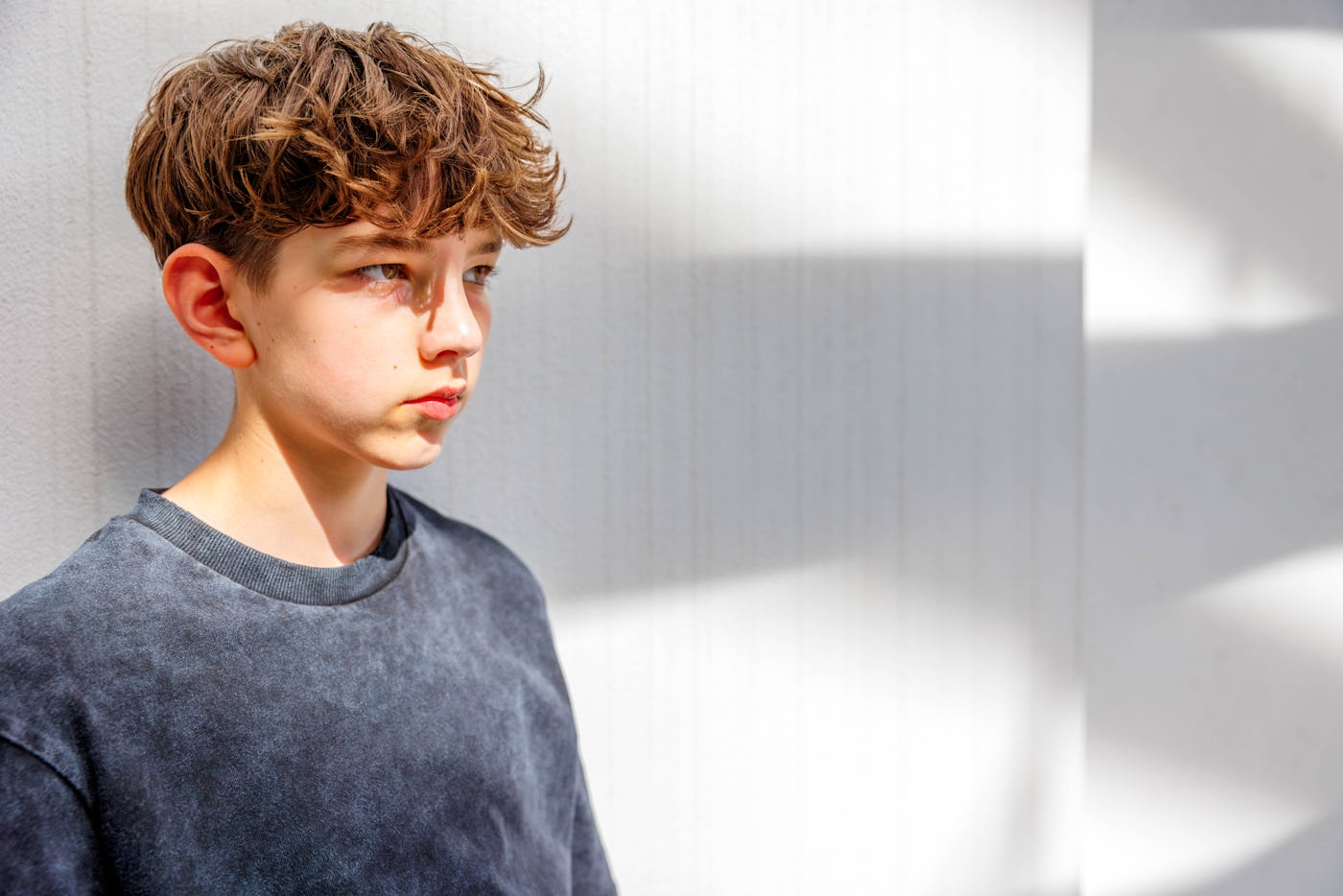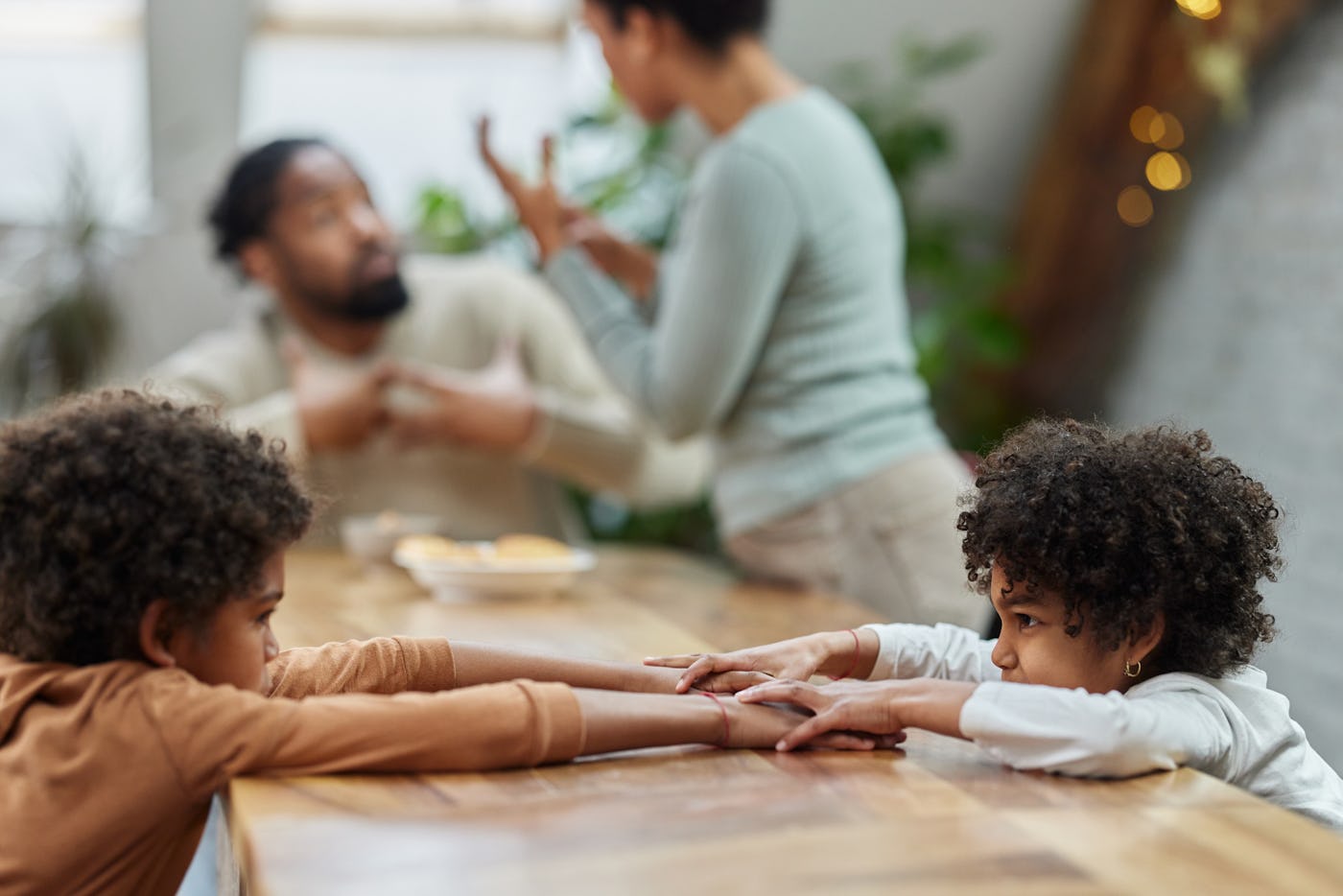| |
|  | Olga Dobrovolska/Moment/Getty Images | | listen closely | | Here's Your Guide To All That Red Pill Lingo You Might Overhear Your Teen Saying | You may have watched – and been completely spooked/overwhelmed/terrified by the hit Netflix show Adolescence. And rightfully so: the limited series delves into red pill lingo and the manosphere through, yes, the eyes of teenagers. There is a LOT to unpack, and a lot to decipher. So here’s a primer on all the buzzwords and lingo discussed in the show, so you can feel prepared to tackle it head on in your own household, should it come to that. | |
|
|
|
| |
|
| | | | |  | CBS Photo Archive/CBS/Getty Images |
| |
|  | Imgorthand/E+/Getty Images |
| |
|
|
| |
|
| | |  | Skynesher/Getty Images | | Inherited Baggage | | Why “Staying Together For The Kids” Might Be More Damaging Than You Think | “We stayed together for the kids.” It’s a sentence that, even if you’ve never uttered it, you’ve probably heard someone you love say. The person saying it may be unhappy or heartbroken, but they believe the way they feel is a worthy sacrifice if it makes their children’s lives better. Does it, though? Kids are more intuitive than we often give them credit for. They notice the way their parents speak to each other — or don’t. They may not understand it, but they feel the quiet tension in the room. And, over time, that emotional climate becomes an emotional blueprint. But how much does your relationship shape your kid’s future relationships, really? | |
|
|
|
| |
|
| |
|
| |
|